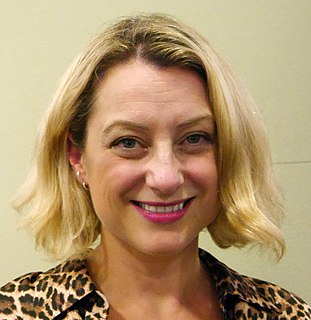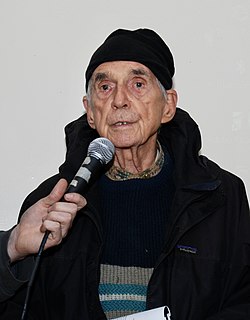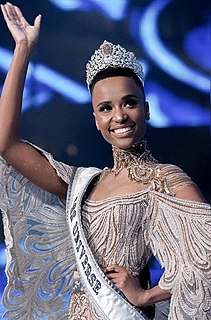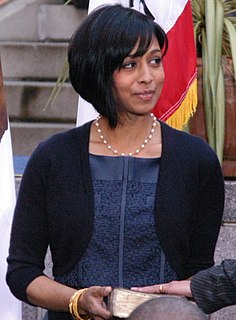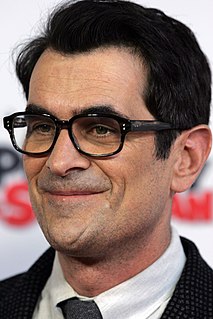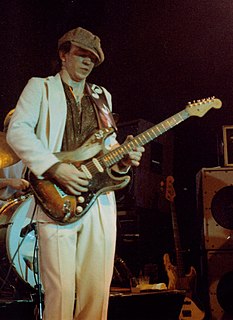A Quote by Jawaharlal Nehru
I think the years I have spent in prison have been the most formative and important in my life because of the discipline, the sensations, but chiefly the opportunity to think clearly, to try to understand things.
Related Quotes
I think all those years that I spent as a nurse, from the age of seventeen, just allowed me an insight into human emotion at those times of life when it's so important. And to see and witness those times of grief and love and loss and all those things was such a huge privilege, both in my own personal life, but it also, I think, spills over into my writing. I think the one thing that most novelists have is some degree of emotional intelligence, and if you don't have that, then perhaps you might struggle to be a novelist, because that has to come out somewhere.
I think one of the most important things we can do for people is to expand opportunity - whether it's the opportunity to live a life free of discrimination or the opportunity to get a good job that provides a gateway to the middle class. I've dedicated my career to expanding opportunity, and it's proven incredibly rewarding.
I think the most important thing... is leadership. It's something that has been lacking in young women and girls for a very long time, not because we don't want to but because of what society has labeled women to be. I think we are the most powerful beings in the world and that we should be given every opportunity.
I think now that I'm in the autumn of my life, and I'm getting a chance of having an overview and looking at the shape of how things happen, when things happen, why things happen, I think it was fitting that I spent most of my early career doing mask work, because I just don't think I was that comfortable in my own skin.
I don't think I have ever done anything for this age of children before, a pre-school audience. Generally speaking, we don't have vivid memories of that age and what influenced us, yet clearly they are hugely formative years and it's really important that we can create television of a high quality for that audience.

